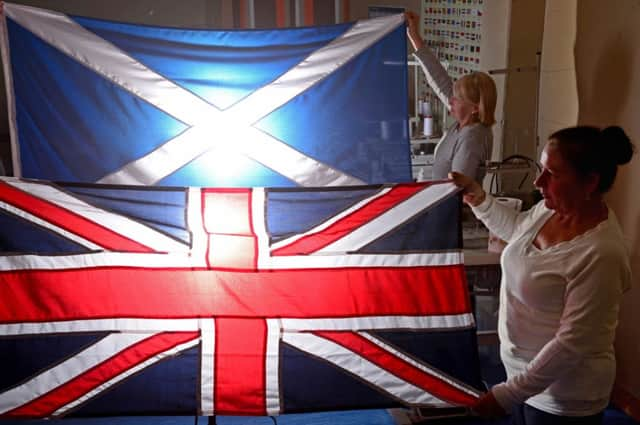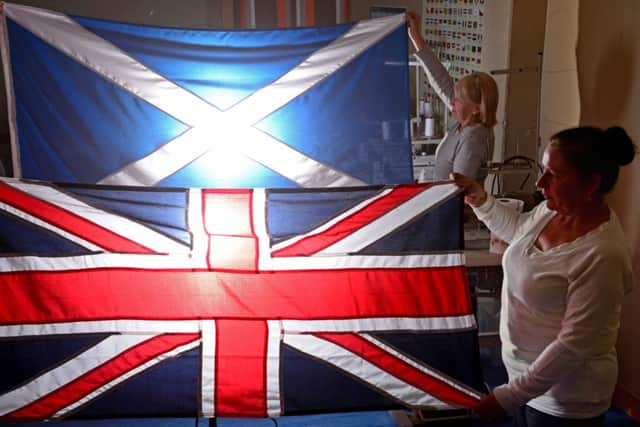Scottish independence doesn’t add up for scientists


However, overall, the majority of staff at Scottish universities are set to vote “no” in next week’s referendum on independence, and think that remaining in the UK would be better for the country’s universities.
The poll, by Times Higher Education (THE), found that 68.6 per cent of science, technology, engineering and mathematics or clinical disciplines are likely to vote No, compared to just 42.9 per cent of arts, humanities, social sciences and modern foreign languages subjects.
Advertisement
Hide AdAdvertisement
Hide AdOverall, the poll shows that the “no” vote had a 13.6 per centage point lead over “yes” among academics.


James Naismith, Bishop Wardlaw professor of chemical biology at the University of St Andrews and a member of the pro-union Academics Together, said he believed that opinion on campus against independence had actually hardened, despite growing support for it elsewhere. “The majority of academics discern that, even under the most optimistic scenarios, independence will harm universities,” he said.
But Murray Pittock, Bradley professor of English literature at the University of Glasgow and a leader of the pro-independence group Academics for Yes, argued that THE’s survey lead for “no” was not as large as would be expected for a group largely drawn from the top social classes who, as polls have shown, are more likely to be pro-union.
He also claimed that opinion on the ground at universities was swinging towards the “yes” campaign, although he accepted that majority support for independence at Glasgow meant that “it is not really easy to say if this is reflected” elsewhere.
Opinion against independence appears to grow stronger when respondents are asked what outcome would be better for Scottish universities, rather than how they would vote. More than 55 per cent of respondents said that remaining in the UK would be the best outcome, compared with 30.2 per cent who said independence would be better. The rest either thought the result would not make any difference, or were not sure.
Although the majority of “yes” voters thought independence would be the best outcome, a quarter thought it would not make any difference to Scottish universities, or were not sure. A handful even said that universities would be better off in the UK.
By contrast, “no” voters were more convinced - at 96 per cent - that remaining in the UK would be the best option for Scotland’s institutions.
Advertisement
Hide AdAdvertisement
Hide AdFears about losing access to UK-wide sources of research funding loomed large in responses from those planning to vote “no”.
But many “yes” voters want independence to escape what they see as an undesirable, market-driven higher education culture emanating from England.
Murdo Macdonald, professor in the history of Scottish art at Dundee, wrote that the “overriding reason” for voting “yes” was to “resist the American-style marketisation of higher education driven from south of the border”. “It is ironic that Scotland is now the remaining representative of the post-war British consensus with the respect to the importance of free education,” he said.
The poll was based on 1,058 responses from staff at Scottish universities in an online survey conducted between 7 and 26 August.
SEE ALSO